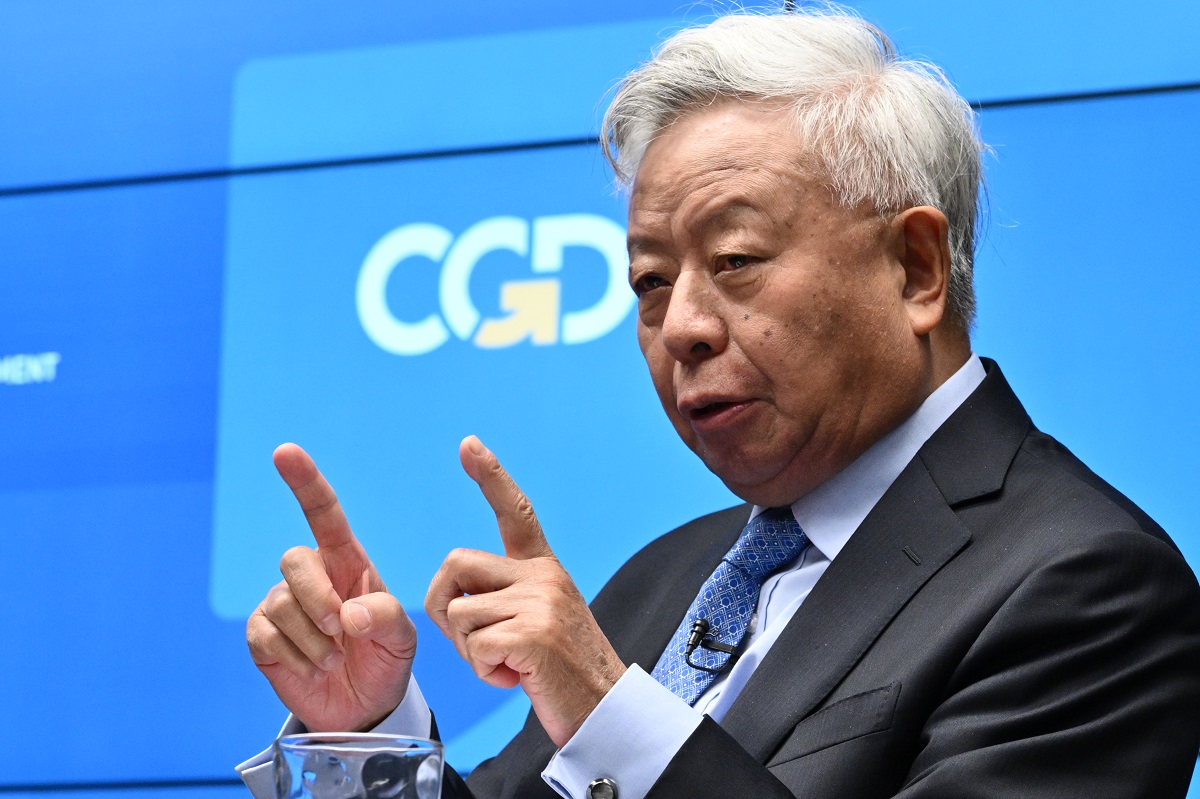In this essay, CGD senior fellow Steve Radelet describes Liberia's debt situation and the key issues in moving forward on debt relief with the IMF, World Bank, African Development Bank and bilateral creditors. He explains why it is important for Liberia's recovery that the international community act quickly and outlines the key steps necessary for Liberia to achieve a debt deal before the end of 2007.
Liberia is beginning to make progress under the leadership of President Ellen Johnson Sirleaf following many years of brutal civil war. But the government inherited massive external debts amounting to at least $3.7 billion, equivalent to over 800 percent of GDP and 3,000 percent of exports. Radelet argues that Liberia clearly cannot pay these debts, and should not be expected to do so. He describes how the international community has begun a process that could lead to the complete elimination of the vast majority of these debts. But debt forgiveness is particularly complex for Liberia because of the large size of its debts, the fact that almost all of the debts are in arrears, the county's clear inability to make any payments following the devastation of the economy, and--unique so far among beneficiaries of the Heavily Indebted Poor Countries Initiative (HIPC)--lack of "financing assurances" from the shareholders of the IMF, World Bank and African Development Bank on financing Liberia's debt forgiveness. The process is likely to take at least until late 2008 and will probably extend into 2009, and could take longer unless key steps are urgently taken in the next few weeks and months.
Some have argued that the issue is not particularly pressing, since Liberia is not making any debt service payments, rapid resolution of the debt problem is crucial for several key reasons. Radelet argues that there are three reasons that the international community should act quickly to resolve Liberia's debt.
- First, resolving the arrears issue will open up sources of new funding for development programs, most importantly from the African Development Bank, but from other donors as well.
- Second, Liberia is in a delicate transition from fourteen years of war to a new democracy, and it is important that Liberians see tangible results as soon as possible. Since the debt burden is one of the most visible signs of the gross mismanagement of the past, resolving that issue quickly will provide a significant political boost to the government.
- Third, the Liberian government faces a wide range of critical challenges, and has only a small number of skilled personnel to solve them. The details of moving towards debt forgiveness are eating up large amounts of the valuable time of senior officials. The sooner the debt issue is resolved, the sooner the government can devote more of its attention to other key issues of financial management, good governance, and poverty reduction.
Rights & Permissions
You may use and disseminate CGD’s publications under these conditions.



